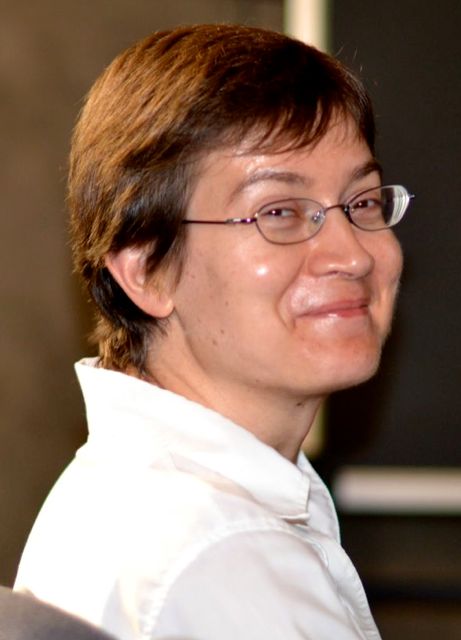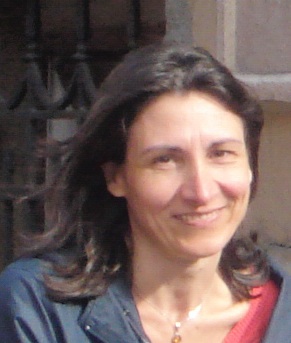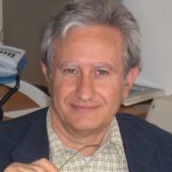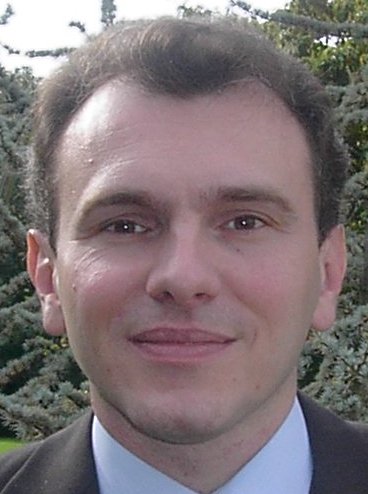Studying at the University of Verona
Here you can find information on the organisational aspects of the Programme, lecture timetables, learning activities and useful contact details for your time at the University, from enrolment to graduation.
Academic calendar
The academic calendar shows the deadlines and scheduled events that are relevant to students, teaching and technical-administrative staff of the University. Public holidays and University closures are also indicated. The academic year normally begins on 1 October each year and ends on 30 September of the following year.
Course calendar
The Academic Calendar sets out the degree programme lecture and exam timetables, as well as the relevant university closure dates..
| Period | From | To |
|---|---|---|
| Periodo zero | Sep 19, 2005 | Oct 10, 2005 |
| 1° Q - 2° anno e successivi | Oct 3, 2005 | Dec 2, 2005 |
| 1° Q - 1° Anno | Oct 17, 2005 | Dec 2, 2005 |
| 2° Q | Jan 8, 2006 | Mar 9, 2006 |
| 3° Q | Apr 3, 2006 | Jun 9, 2006 |
| Session | From | To |
|---|---|---|
| Exam period 0 | Oct 17, 2005 | Oct 21, 2005 |
| Exam Session I | Dec 12, 2005 | Dec 23, 2005 |
| Exam Session II | Mar 20, 2006 | Mar 31, 2006 |
| Summer term | Jun 19, 2006 | Jul 28, 2006 |
| Autumn term | Sep 4, 2006 | Sep 29, 2006 |
| Session | From | To |
|---|---|---|
| Extra term | Dec 14, 2005 | Dec 14, 2005 |
| Winter term | Mar 15, 2006 | Mar 15, 2006 |
| Summer term | Jul 19, 2006 | Jul 19, 2006 |
| Autumn term | Sep 13, 2006 | Sep 13, 2006 |
| Period | From | To |
|---|---|---|
| All Saints Day Holiday | Nov 1, 2005 | Nov 1, 2005 |
| Immaculate Conception | Dec 8, 2005 | Dec 8, 2005 |
| Christmas holidays | Dec 23, 2005 | Jan 7, 2006 |
| Easter holidays | Apr 13, 2006 | Apr 19, 2006 |
| Liberation Day | Apr 25, 2006 | Apr 25, 2006 |
| Labour Day holiday | May 1, 2006 | May 1, 2006 |
| Saint's Day Holiday | May 21, 2006 | May 21, 2006 |
| Day of the Republic | Jun 2, 2006 | Jun 2, 2006 |
| Summer holidays | Jul 31, 2006 | Aug 31, 2006 |
Exam calendar
Exam dates and rounds are managed by the relevant Science and Engineering Teaching and Student Services Unit.
To view all the exam sessions available, please use the Exam dashboard on ESSE3.
If you forgot your login details or have problems logging in, please contact the relevant IT HelpDesk, or check the login details recovery web page.
Academic staff

Squassina Marco
 marco.squassina@univr.it
marco.squassina@univr.it
 +39 045 802 7913
+39 045 802 7913
 luca.vigano@univr.it
luca.vigano@univr.it
Study Plan
The Study Plan includes all modules, teaching and learning activities that each student will need to undertake during their time at the University.
Please select your Study Plan based on your enrollment year.
3° Year activated in the A.Y. 2007/2008
| Modules | Credits | TAF | SSD |
|---|
4° Year activated in the A.Y. 2008/2009
| Modules | Credits | TAF | SSD |
|---|
5° Year activated in the A.Y. 2009/2010
| Modules | Credits | TAF | SSD |
|---|
| Modules | Credits | TAF | SSD |
|---|
| Modules | Credits | TAF | SSD |
|---|
| Modules | Credits | TAF | SSD |
|---|
| Modules | Credits | TAF | SSD |
|---|
Otto insegnamenti a scelta tra i seguentiTre insegnamenti a scelta tra i seguentiLegend | Type of training activity (TTA)
TAF (Type of Educational Activity) All courses and activities are classified into different types of educational activities, indicated by a letter.
Automated Deduction (2008/2009)
Teaching code
4S00050
Teacher
Credits
5
Also offered in courses:
- Automated Deduction of the course Masters in Intelligent and Multimedia Systems
Language
Italian
Scientific Disciplinary Sector (SSD)
INF/01 - INFORMATICS
Period
2° Q dal Jan 26, 2009 al Mar 27, 2009.
Location
VERONA
Learning outcomes
The class, taught in English, presents the main problems of and methods and systems for automated reasoning. The treatment combines theoretical foundations with algorithmic and practical issues, stressing mechanization throughout. The student learns how to design, apply and evaluate methods and systems for automated reasoning, with emphasis on the applications to the verification of SW or HW, either automated or semi-automated. Pre-requisites: undergraduate-level knowledge of logic and algorithms.
Program
Automated reasoning: proof procedures as semi-decision procedures for validity or theorem-proving strategies. Inference system + search plan = theorem-proving strategy. The Herbrand theorem. Ordering-based strategies. Expansion inference rules: resolution, paramodulation, superposition. Contraction inference rules: subsumption, simplification by rewriting. Search plans. Algorithmic reasoning: proof procedures as decision procedures for satisfiability. First-order theories and decidable problems in first-order theories. Decision procedures and their combination. When theorem-proving strategies are decision procedures. Design and use of automated reasoners.
| Author | Title | Publishing house | Year | ISBN | Notes |
|---|---|---|---|---|---|
| Ricardo Caferra, Alexander Leitsch, Nicolas Peltier | Automated Model Building (Edizione 1) | Kluwer Academic Publishers | 2004 | 1-4020-265 | Testo supplementare |
| Rolf Socher-Ambrosius, Patricia Johann | Deduction Systems (Edizione 1) | Springer Verlag | 1997 | 0387948473 | Testo adottato |
| Chin-Liang Chang, Richard Char-Tung Lee | Symbolic Logic and Mechanical Theorem Proving (Edizione 1) | Academic Press | 1973 | 0121703509 | Testo adottato |
| Aaron R. Bradley, Zohar Manna | The Calculus of Computation - Decision Procedures with Applications to Verification (Edizione 1) | Springer | 2007 | 9783540741 | Testo adottato |
| Alexander Leitsch | The Resolution Calculus (Edizione 1) | Springer | 1997 | 3540618821 | Testo supplementare |
Examination Methods
Partial tests mode:
it applies only to the exam right at the end of the class, that is for the exam session of March-April, since the class is offered in the Winter. The exam consists of a written test (C) and an individual project (P) to be developed either at home or in the lab during the term. The final grade is given by 50% C + 50% P. After the first exam session since the end of the class, P and C are no longer valid.
Single-test mode:
the exam consists of a single written test E, whose difficulty is equivalent to that of C + P, and whose grade determines alone the final grade. This mode applies to all sessions.
Notes:
the partial test C is administered on the same date, time and place as test E of the March-April session (of course contents and duration of C and E will be different).
Registration:
for each session the date of the exam is given by the date of the written test E and it is sufficient to register for that date. All grades will be registered. Students dissatisfied with their performance may withdraw by not handing-in either C or E.
Type D and Type F activities
Modules not yet included
Career prospects
Module/Programme news
News for students
There you will find information, resources and services useful during your time at the University (Student’s exam record, your study plan on ESSE3, Distance Learning courses, university email account, office forms, administrative procedures, etc.). You can log into MyUnivr with your GIA login details: only in this way will you be able to receive notification of all the notices from your teachers and your secretariat via email and soon also via the Univr app.
















